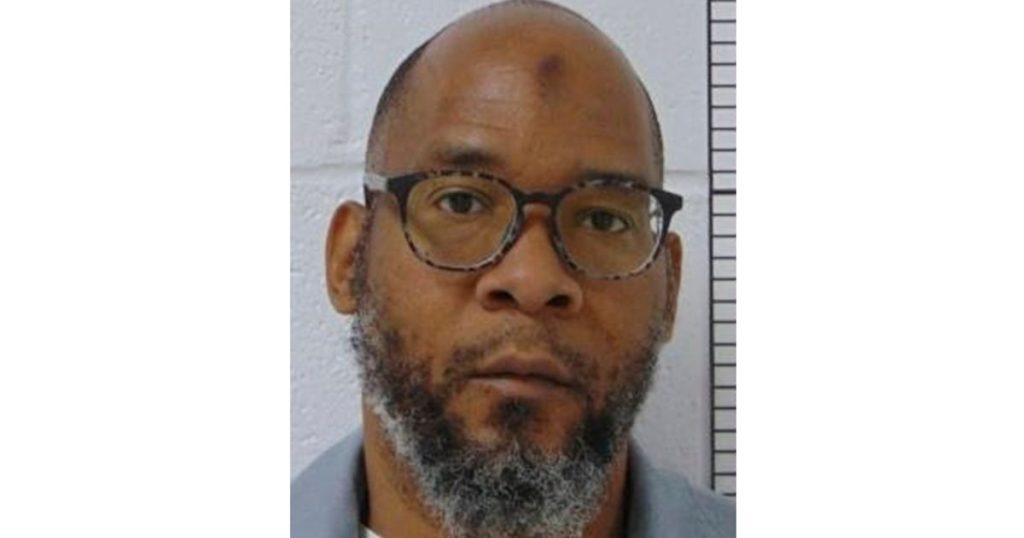The Missouri Supreme Court has blocked an agreement that would have spared the life of death row inmate Marcellus Williams and ordered a hearing to proceed on Williams’ innocence claim. This decision came just over a month before his scheduled execution. A St. Louis County Circuit Judge had approved a plan allowing Williams to enter a no-contest plea to first-degree murder in the 1998 death of Lisha Gayle. Despite maintaining his innocence, the plea acknowledged that evidence was sufficient for a conviction.
A new DNA test report released this week showed that the murder weapon used to kill Gayle was contaminated by a former assistant prosecutor and investigator, rendering the evidence useless for Williams’ case. This led St. Louis County prosecutors to reach an agreement with Williams for an Alford plea, which would have spared him from the death penalty. However, the Missouri Supreme Court determined that the circuit court did not have the authority to override a capital murder sentence, prompting an order for a hearing on Williams’ innocence claim.
The courtroom on Wednesday was filled with people, including those who had been exonerated of crimes. After hours of closed-door meetings, it was announced that the contaminated evidence made it impossible to prove someone else may have been the killer. This finding led to the consent judgment for Williams to enter the Alford plea, with the agreement that he would not appeal. Williams’ attorney emphasized that he is innocent, and the plea agreement does not change that fact. The family of the victim supported setting aside the death penalty.
Missouri Attorney General Andrew Bailey argued that the defense created a false narrative of innocence in order to get a convicted murderer off death row. Williams, who is Black, was convicted by a jury with a majority of white members. He was previously granted a stay of execution after DNA testing showed that the DNA on the knife used in the murder did not match Williams. The investigation was reopened, leading to the discovery of the contaminated evidence, prompting the agreement for the plea deal.
Prosecutors at Williams’ original trial alleged that he broke into Gayle’s home, stabbed her 43 times, and stole her purse and her husband’s laptop. Witnesses, including Williams’ girlfriend and a jail cellmate, provided testimony against him. However, Williams’ attorneys argued that the witnesses were convicted felons seeking a reward, casting doubt on the credibility of their statements. Three other men have been released after prosecutors successfully challenged their convictions under a 2021 Missouri law that allows for motions to vacate unjust convictions.
The case of Marcellus Williams highlights the complexities and challenges of the criminal justice system, particularly in cases where the death penalty is involved. The decision by the Missouri Supreme Court to block the plea agreement and order an innocence claim hearing indicates the importance of upholding the rule of law and ensuring a fair and just process for all individuals involved in legal proceedings. Williams’ continued fight for exoneration sheds light on the need for careful scrutiny of evidence and a commitment to justice in capital punishment cases.


